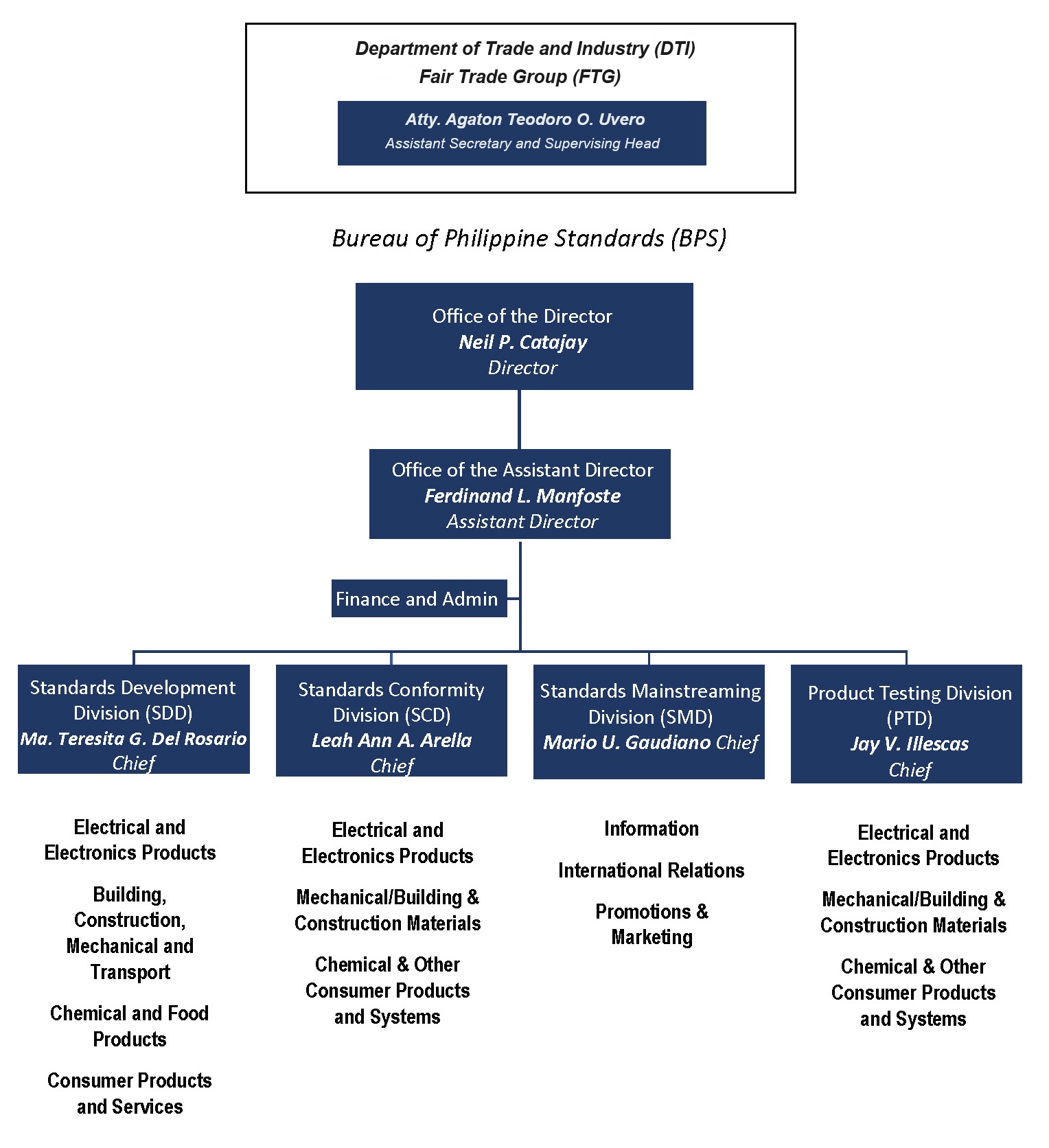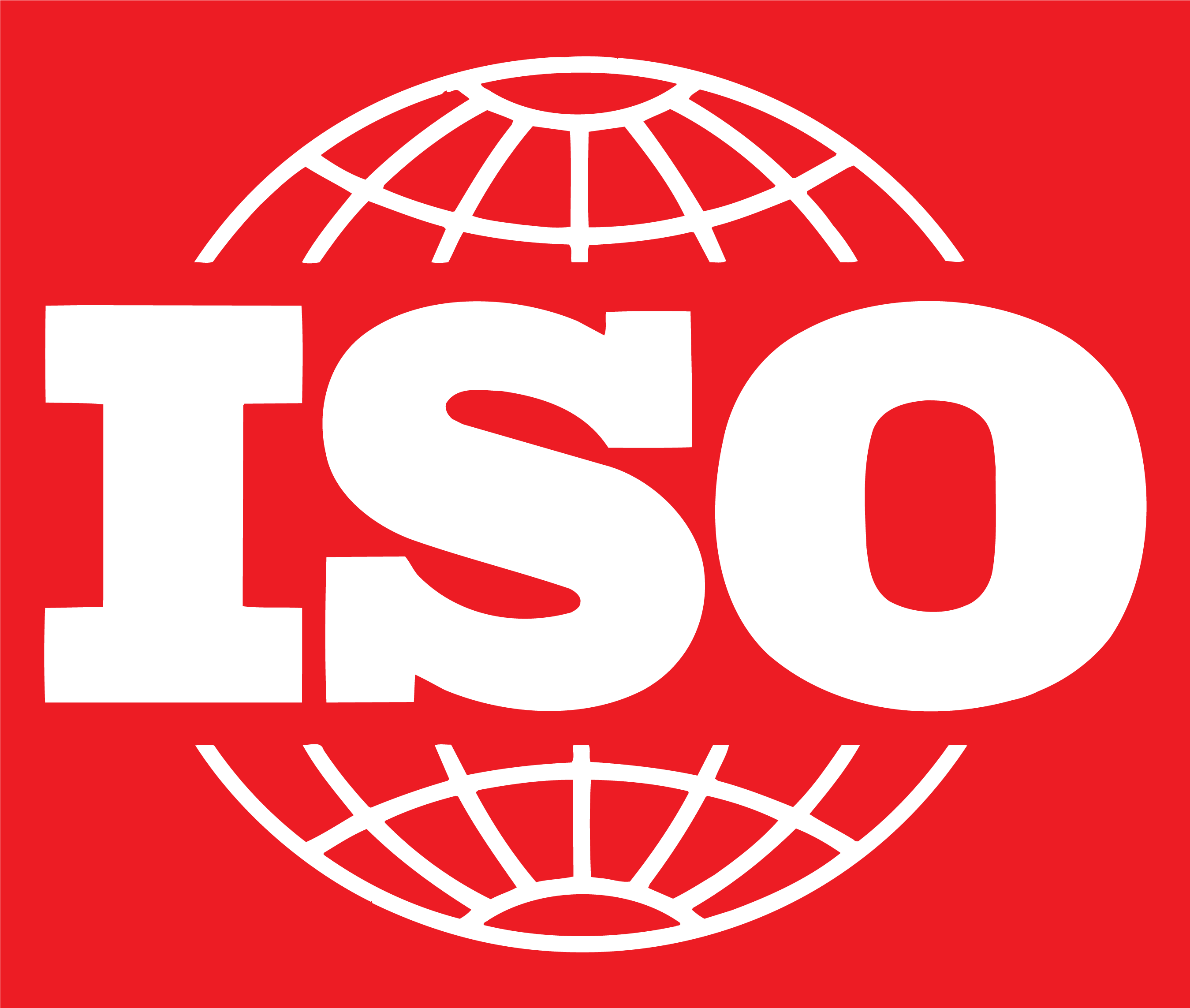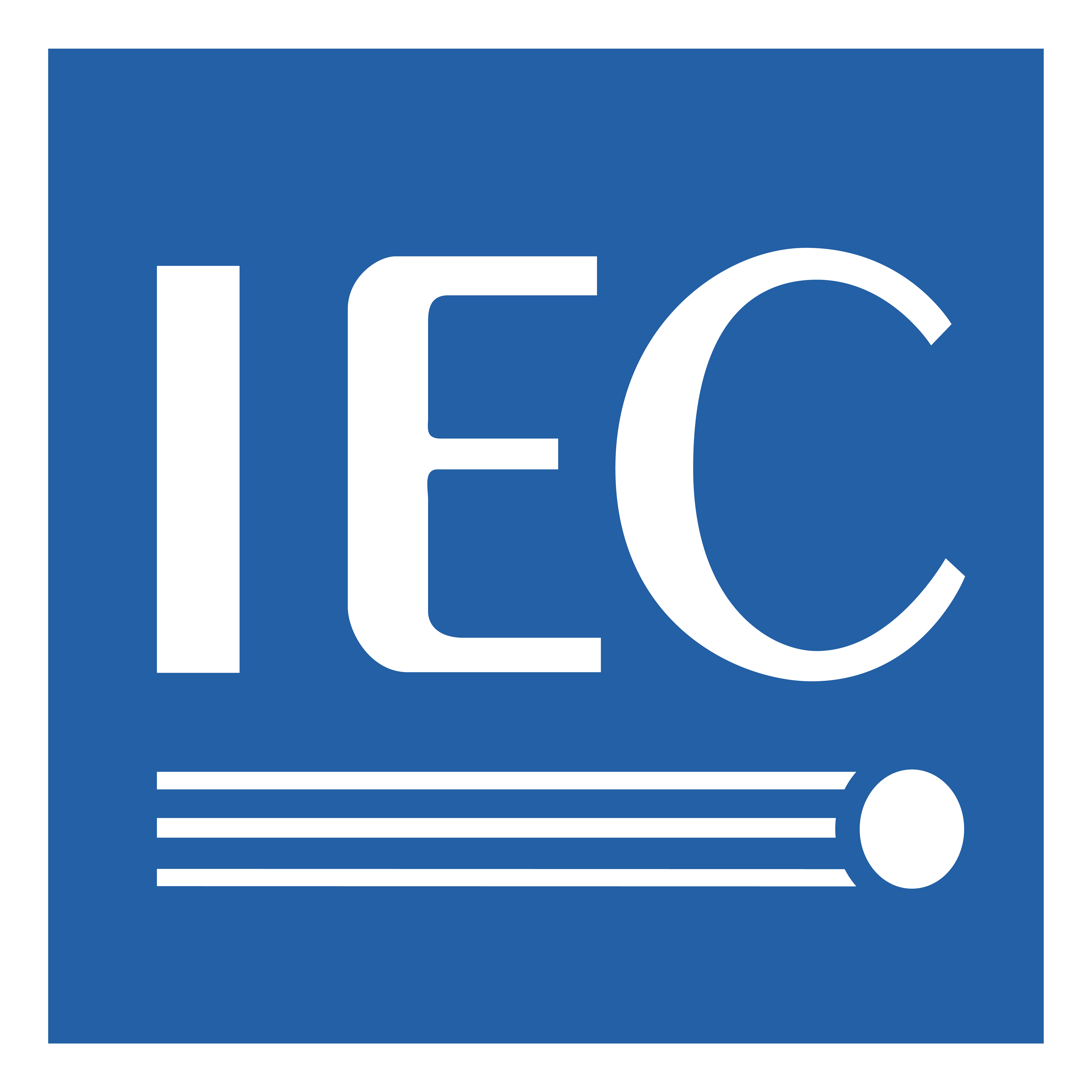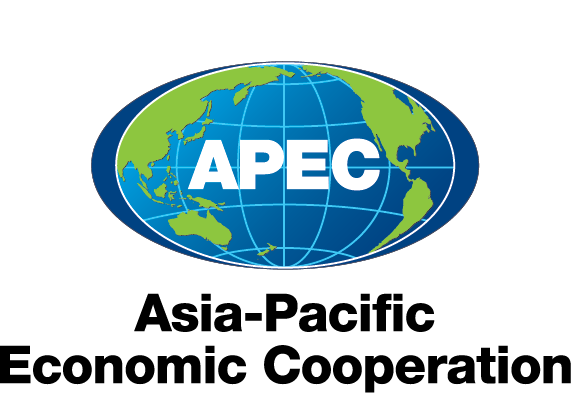
Who we are
The Bureau of Philippine Standards of the Department of Trade and Industry (DTI-BPS) serves as the National Standards Body (NSB) of the Philippines and is mandated to develop, promulgate, and implement standards for all products in the Philippines, to promote standardization activities in the country, and to ensure the manufacture, production, and distribution of quality products for the protection of the consumer. The Bureau was created on 20 June 1964 through Republic Act (RA) 4109, known as the Standards Law. Prior to the formal creation of the DTI-BPS, the office was operating as the Division of Standards under the then Bureau of Commerce of the Department of Commerce and Industry (now DTI).
The mandate of RA 4109 is reiterated by RA 7394 or the Consumer Act of the Philippines which declares that it is the duty of the State to develop and provide safety and quality standards for consumer products, including performance or use-oriented standards, codes of practice and methods of tests.
At present, the Bureau is positioned within the administrative ambit of the Fair Trade Group (FTG) of the DTI, working alongside with the Fair Trade Enforcement Bureau (FTEB) and the Philippine Accreditation Bureau (PAB).
Organizational Structure

PROGRAMS AND SERVICES
- Develop and maintain national standards and coordinate standardization activities so as to address the country's needs for standards in the area of consumer protection and trade facilitation;
- Certify products for safety and quality in accordance with the Philippine National Standards (PNS) and other conformity assessment schemes, as necessary;
- Operate a Testing Center to support its product certification scheme and conduct confirmatory tests for laboratories;
- Maintain a Standards Data Center or a repository of standards and a website where a list of PNS and certified products are published; and
- Disseminate information on standards developed and adopted to manufacturers, traders and other standards users.
Standards Development Division (SDD)
- Formulate national standards development policies, in consultation with relevant government agencies and other stakeholders;
- Formulate Philippine National Standards (PNS) for consumer protection and trade facilitation through the conduct of regular review of these standards for possible revision/updating to align with developments in trade and latest technology; and
- Coordinate national standardization activities in the country to avoid duplication of work by various government regulatory agencies and harmonization of standards and technical regulations with international standards.
Standards Conformity Division (SCD)
- Operate and implement the BPS Product Certification Schemes (PCS) for both locally produced and imported products covered by mandatory standards;
- Prepare implementing policies and guidelines for every standard approved for mandatory certification; organize meetings and public hearings on standards implementation; and
- Prepare market surveillance and monitoring policies for mandatory standards on products affecting life, health and safety; monitor the development of conformity assessment procedures for the country to be at par with internationally-accepted protocols.
Product Testing Division (PTD)
- Conduct third-party testing of products through the BPS Testing Center to verify their conformity with specified PNS;
- Provide support to the BPS PCS requirements through the performance of electrical, chemical and mechanical testing of products;
- Provide support to standards development by conducting developmental tests on products for which standards are being developed/formulated; and
- Conduct confirmatory tests when there are conflicts about results of other government and private laboratories.
Standards Mainstreaming Division (SMD)
- Conceptualize, prepare and propose programs, projects and activities for the mainstreaming and dissemination of new national and international standards for adoption and standardization and conformity assessment activities, such as testing, inspection and certification to industries, manufacturers, traders, regulators and other users;
- Maintain and update the Standards and Conformance Portal at all times;
- Operate the Enquiry Point in connection with the country's obligations to the World Trade Organization (WTO) Agreement on Technical Barriers to Trade; and
- Monitor developments for forging of strategic alliances with international and regional aggrupations.






